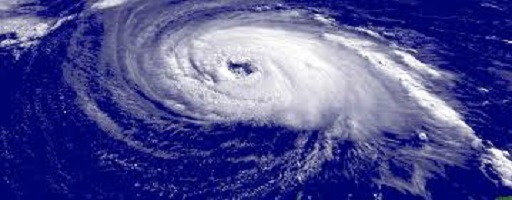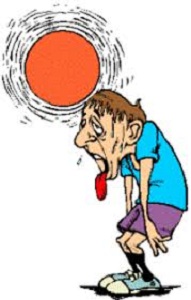
Pneumonia is something you do not want to take lightly. The faster you get treatment, the faster you will get over pneumonia. This is especially true for the very young, for people older than 65, and for anyone with other long-lasting (chronic) health problems, such as asthma.
You should see a doctor or emergency services immediately if you have the following
- Have chest pain that is crushing or squeezing, is increasing in intensity, or occurs with any other symptoms of a heart attack.
- Have such bad trouble breathing that you are worried you will not have the strength or ability to keep breathing.
- Cough up large amounts of blood.
- Feel that you may faint when you sit up or stand.
- A cough that produces blood-tinged or rust-colored mucus from the lungs.
- A fever with shaking chills.
- Difficult, shallow, fast breathing with shortness of breath or wheezing.
You should call a doctor if your cough produces the following
- Frequently brings up yellow or green mucus from the lungs and lasts longer than 2 days. Do not confuse mucus from your lungs with mucus running down the back of your throat from your nasal passages (postnasal drip).
- Occurs with a fever of 101°F (38.3°C) or higher and brings up yellow or green mucus from the lungs (not postnasal drainage).
- Causes you to vomit a lot.
- Continues longer than 4 weeks.
We at On Call Medical Clinic are here when the above symptoms are a concern. We are available 7 days a week. We have our own on-site laboratory facilities to help quickly diagnose your illness. Our team of trained medical professionals are prepared to help you and your family members.
Please visit our website at www.oncallclinic.com to view all the medical services we offer as well as skin care services. If you are having any symptoms above and your primary care doctor is not available please do not hesitate to call us at 228 818-5155.



